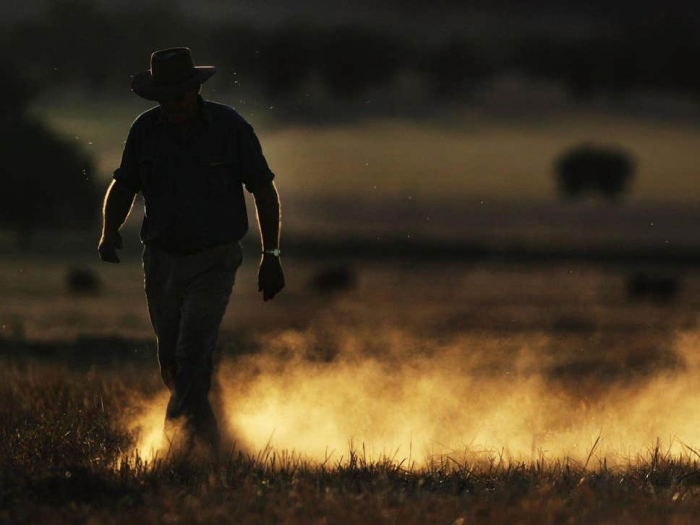A five-year study of the crop, a key ingredient in beer and whisky production, saw scientists isolate the specific gene responsible for drought resistance – HvMYB1.
The gene is one of 39,000 present in the plant, and when more prominently expressed can create crops that are better able to survive dry, hot conditions, according to testing led by Peter Morris of Heriot Watt University in Edinburgh.
The finding is expected to have important ramifications for cereal crops amid increasing challenges caused by climate change-related droughts.
In 2018, when a cold winter brought on by the “beast from the east“ weather phenomenon was followed by a long dry summer, barley harvest fell by 7.9 per cent compared to the average of the previous year.
At the time, NFU combinable crops board chairman Tom Bradshaw said the extreme weather events of the year had caused crop yields to become increasingly unpredictable.
And with more extreme and frequent droughts recognised across the globe, and a growing scientific consensus willing to point the blame for the exacerbated dry spells at climate change, scientists believe the new development could help see the crop grown well into the future.
Peter Morris from Heriot Watt University, who led the research team, said: “By increasing the expression of this particular gene in test plants and simulating drought conditions, we’ve been able to prove that plants in which HvMYB1 is more prominently expressed are able to survive prolonged periods of drought.
“This is a significant finding that will allow more drought resistance crops to be bred in the future.
“Drought is already impacting yields with the European cereals harvest hit particularly hard in 2018. A prolonged, dry and hot summer significantly impacted yields and quality.
“As climate change gathers pace and we experience more extreme seasons, it is essential we can maintain continuity of supply.”
The research was funded in part by the Scotch Whisky Association.
Mr Morris said that the finding was significant for key industries such as scotch whisky production, but also had important implications for the wider cereals industry including the production of wheat, maize and rice.
The interaction between scientists and cereal in the past has created answers to significant global problems – most notably by Nobel Peace Prize winner Norman Borlaug, who created a semi-dwarf wheat which led to higher yields of the crop and reduced famine in countries including Mexico, India and Pakistan, becoming the most prevalent version of the crop on the planet today.
The Independent
More about: climatechange
















































